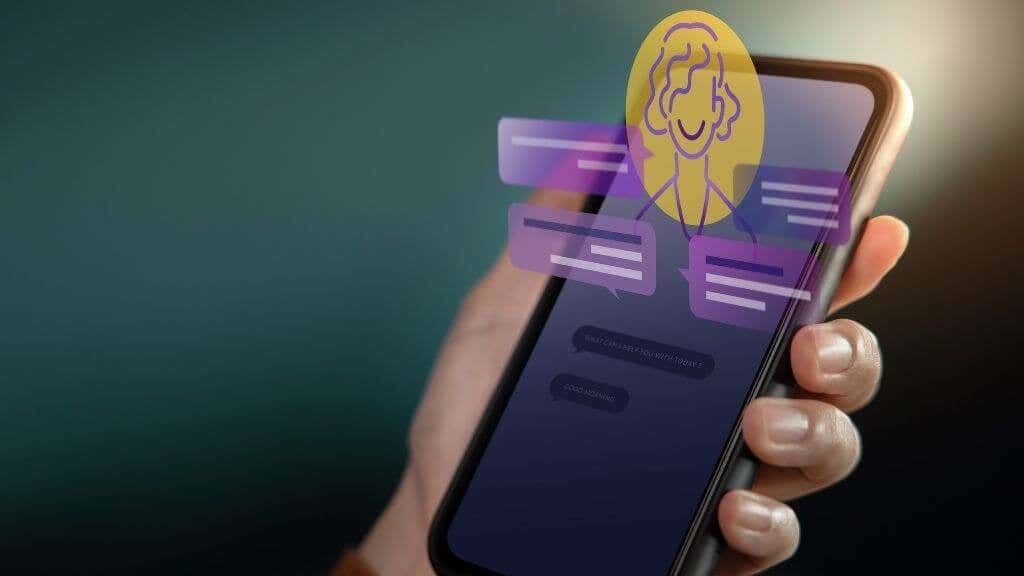In as much as Google aims for the best, with advanced features, comparability, flexibility and so on – a 16 year old teen has taken smart moves in lunching his own model to the world.
Gladly, this young term goes by the name Mars Kapadia and he is from Arizona. Mars came up with has concepts and devices in making his own concept for a pair of smart glasses. Sadly, this is something at which big tech companies like Google have failed though they are still working on the project.
⇒Join us on Telegram for more Sure and Accurate football-winning tips every day...click here
Mars Kapadia Smart Glasses
A teenage inventor has set out to do something even huge tech companies like Google have failed to lunch timely, designing the perfect augmented reality smart glasses.
Mars Kapadia, a 16-year-old from Gilbert, Arizona, spent the last 18 months perfecting his prototype, which fuses a simple pair of blue frames with a small, but mighty Arduino Nano energy to power the operation.
However, it’s on note that Mars Kapadia has competed in state science fairs since the seventh grade, building everything from a prosthetic hand to a mind-controlled car.
He tells Popular Mechanics his inspiration for the smart glasses (his 11th grade science fair project) came from Tony Stark’s E.D.I.T.H. intelligence system, encased in a pair of sunglasses.
Furthermore, Mars Kapadia calls the specs the “World’s First TOLED Smart Glasses,” which stands for “Transparent Organic Light Emitting Diode.” Originally, he reached out to manufacturers in China in an attempt to design his own custom screen, but eventually decided on a prefabricated screen for this first iteration of the glasses.
Developing and Funds
Altogether, Mars claim to have spent a little over $200 on the project. Mars Kapadia also built a custom hinge to rotate the lenses up and down. He said “I actually had to use a rotary tool to make the casing within the frame fit my processors and chips inside”.
Moving forward, Kapadia is pursuing a patent for his glasses because he doesn’t want anyone to claim his hard work. Additionally, he hopes to continue growing his YouTube channel so he can fund even more inspired projects. One day, he says he would like to start an artificial intelligence company that creates biomedical devices, more like Elon Musk’s Neuralink.




